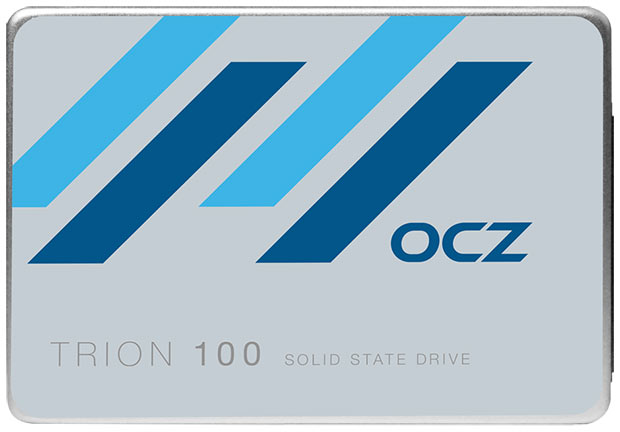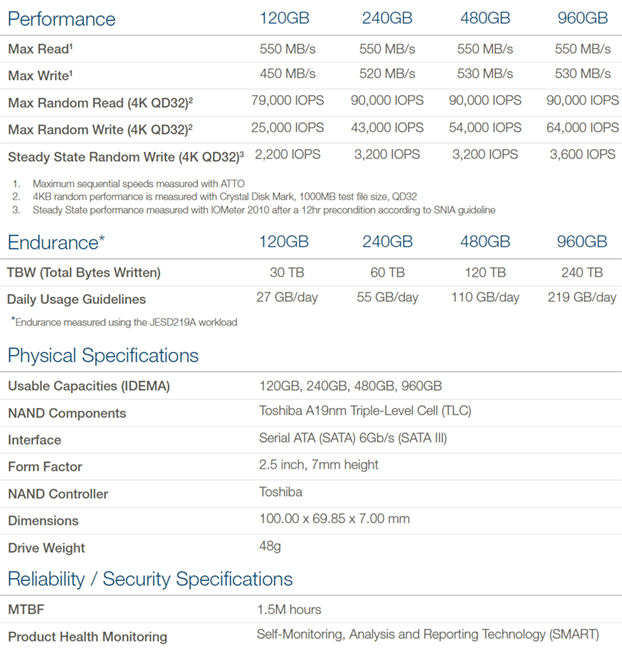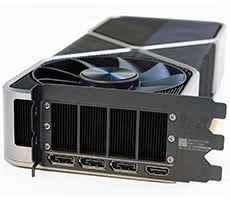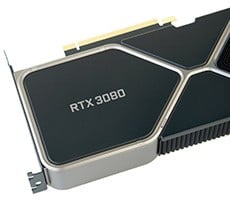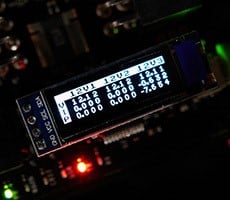OCZ Trion 100 Series SSD Review: Driving Cost Out Of Solid State Storage
OCZ Trion 100, Toshiba Powered SSD
OCZ is launching a brand new series of solid state drives today, dubbed the Trion 100. Early prototypes of the drives were shown off at CES a few months back, but the drives are now ready for primetime. We should note that the Trion 100 series breaks some new ground for OCZ. Not only are they the first drives from the company to use TLC NAND, but they’re also the first to use all in-house Toshiba technology with the drive's Flash memory and controller both designed and built by Toshiba.
The OCZ Trion 100 series is targeted at budget conscious consumers and users still contemplating the upgrade from a standard hard drive. As such, they’re not barn-burners in the benchmarking department, but performance is still good overall and a huge upgrade over any hard drive. Pricing is going to be very competitive as well.
We’ve got the full specifications for the Trion 100 series line-up below. And on the following pages we’ll take the 480GB and 960GB versions for a spin to see how they compare and contrast to an array of other SATA SSDs currently on the market...
The OCZ Trion 100 series is targeted at budget conscious consumers and users still contemplating the upgrade from a standard hard drive. As such, they’re not barn-burners in the benchmarking department, but performance is still good overall and a huge upgrade over any hard drive. Pricing is going to be very competitive as well.
We’ve got the full specifications for the Trion 100 series line-up below. And on the following pages we’ll take the 480GB and 960GB versions for a spin to see how they compare and contrast to an array of other SATA SSDs currently on the market...
|
Just like OCZ’s other consumer-class Solid State Drives, the new Trion 100 features a sturdy, anodized aluminum housing, though it’s not quite as sturdy as previous offerings. The enclosure isn’t held together with screws (it snaps together) and it is definitely lighter weight than Vector and Vertex series.
All of the drives in Trion 100 family conform to the 2.5” form factor common of today’s SSDs, and they all have slim 7mm Z-Heights. The enclosures used on the drives are all metal (top and bottom) and there are really no external features to speak off other than a few decals and the standard SATA power and data connectors, but that’s par for the course with a drive of this type.
Open up a Trion 100 and a svelte PCB with Toshiba NAND and Toshiba controller are revealed. That controller is paired to A19nm Toshiba TLC NAND Flash memory and a Nanya DDR3 DRAM cache. Details are scarce on the Toshiba TC58 controller, so we don’t have much to share in that regard. It does support Toshiba’s QSBC (Quadruple Swing-By Correction - a Toshiba proprietary error correction technology) technology and the drives have a bit of SLC cache to boost write performance in bursts and increase endurance. The drives also support DEVSLP to save power, though they do not support encryption.
Like make of OCZ’s previous consumer-class Solid State Drive offerings, the Trion 100s have about 6.25% of their NAND capacity over-provisioned, though this can be tweaked in the OCZ Guru utility that was recently introduced. That additional spare area is reserved for wear-leveling and other proprietary features that aid the drives in achieving their high endurance ratings.
The Trion 100 series drives are all rated for max read speeds of 550MB/s, but write performance varies between the models. The 120GB drive’s write performance peaks at 450MB/s, while the 240GB drives top out at 520MB/s, and the others at 530MB/s. All of the drives support TRIM, but endurance ratings differ based on capacity, ranging from 27GB/day on the 120GB drive on up to 219GB/day on the 960GB drive. Idle power is listed at 6mW (in DEVSLP) and active power at 4.8W, which is somewhat higher than many of OCZ’s higher-end drives.
We should also mention that OCZ offers a 3 year warranty on these SSDs. And that warranty falls under OCZ’s “Shield Plus” banner, which the company describes as, “…an elite worry-free customer service experience, which eliminates all the hassle surrounding traditional support and warranty claims consumers often have to deal with.” Provide OCZ Support with the drive’s serial number (no original purchase receipt required), and in the event the drive is determined to be defective it will be replaced with a brand new SSD. Advanced product replacement and a paid return shipping label are also provided to minimize downtime.

